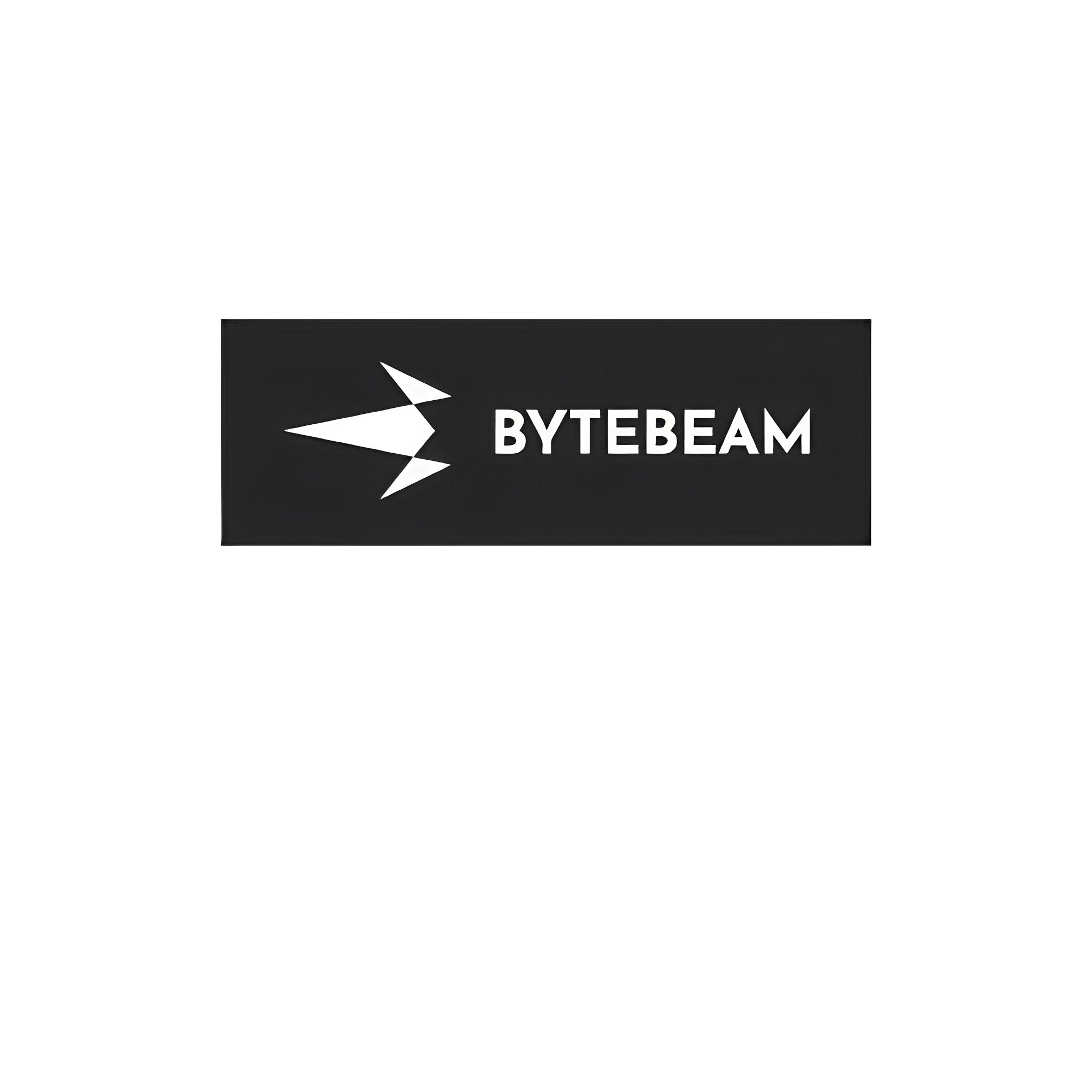Bytebeam has unveiled an open-source Software Development Kit (SDK) for Espressif-based smart devices. The development will help OEMs and hardware manufacturers build and manage smart IoT products with access to connectivity, cloud backend, analytics & data visualization, over the air updates, bug fixes, etc., on a single, no-code platform powered by Bytebeam.
As the IoT industry globally suffers from fragmentation and lacks industry experts, its failure rate is peaking at 75%. Hence, several large companies have not been able to build custom infrastructures whereas smaller companies do not have the resources for the same. Bytebeam removes the headache of building and maintaining cloud infrastructure for OEMS.
The ESP32 is a powerful, low-cost microcontroller that has become a popular choice for building Internet of Things (IoT) projects. With built-in WiFi and Bluetooth connectivity, the ESP32 makes it easy to connect a wide range of sensors and devices to the internet.
The ESP32 SDK by Bytebeam provides tools and resources for developers to easily create Internet of Things (IoT) projects on ESP32 chips that are reliable, scalable, and secure. Whether you are working on a small personal project or a large-scale enterprise solution, the ESP32 SDK by Bytebeam can help you to get your project up and running quickly and efficiently.

Commenting on the launch of ESP32 SDK, Gautam BT, CEO and Co-Founder, Bytebeam, said, “Having worked extensively in the IoT industry, we understand the gaps and challenges embedded developers face today. While mobile and web application developers are able to launch their products in weeks, there is a dearth of easy to use, scalable and secure backends for IoT developers. With the launch of ESP32 SDK – makers, amateurs, students, and general IoT enthusiasts can use our single integration, no-code platform royalty-free and build their favorite IoT project on ESP IDF.”
Bytebeam plans to build additional SDKs on top of the Espressif IoT development framework (IDF) in order to support a wider range of frameworks and devices. In the future, the company intends to extend support to include Arduino, Zephyr, and Rust-based frameworks used on ESP chips. This move is in line with Bytebeam’s goal of becoming a device-agnostic platform, enabling developers to easily create Internet of Things (IoT) projects on a variety of platforms.







